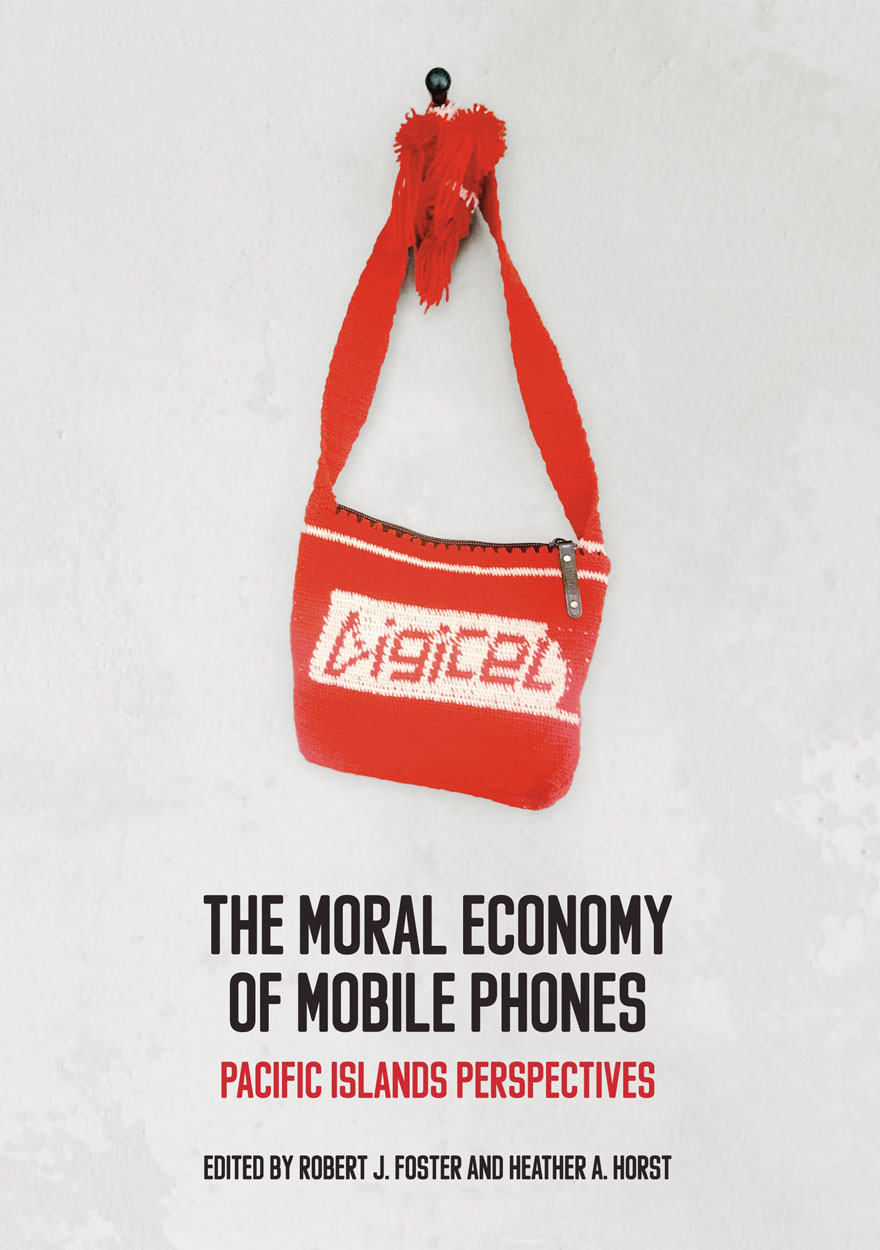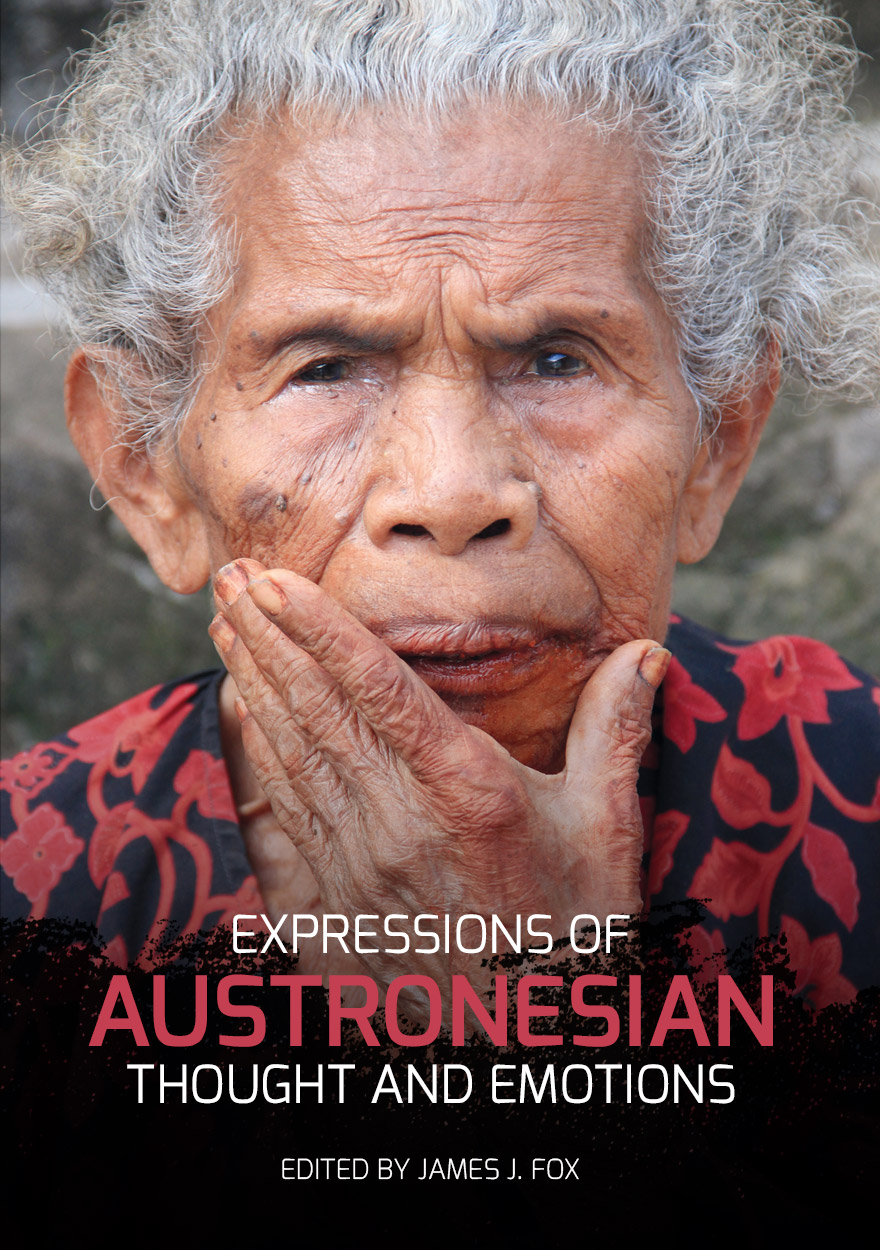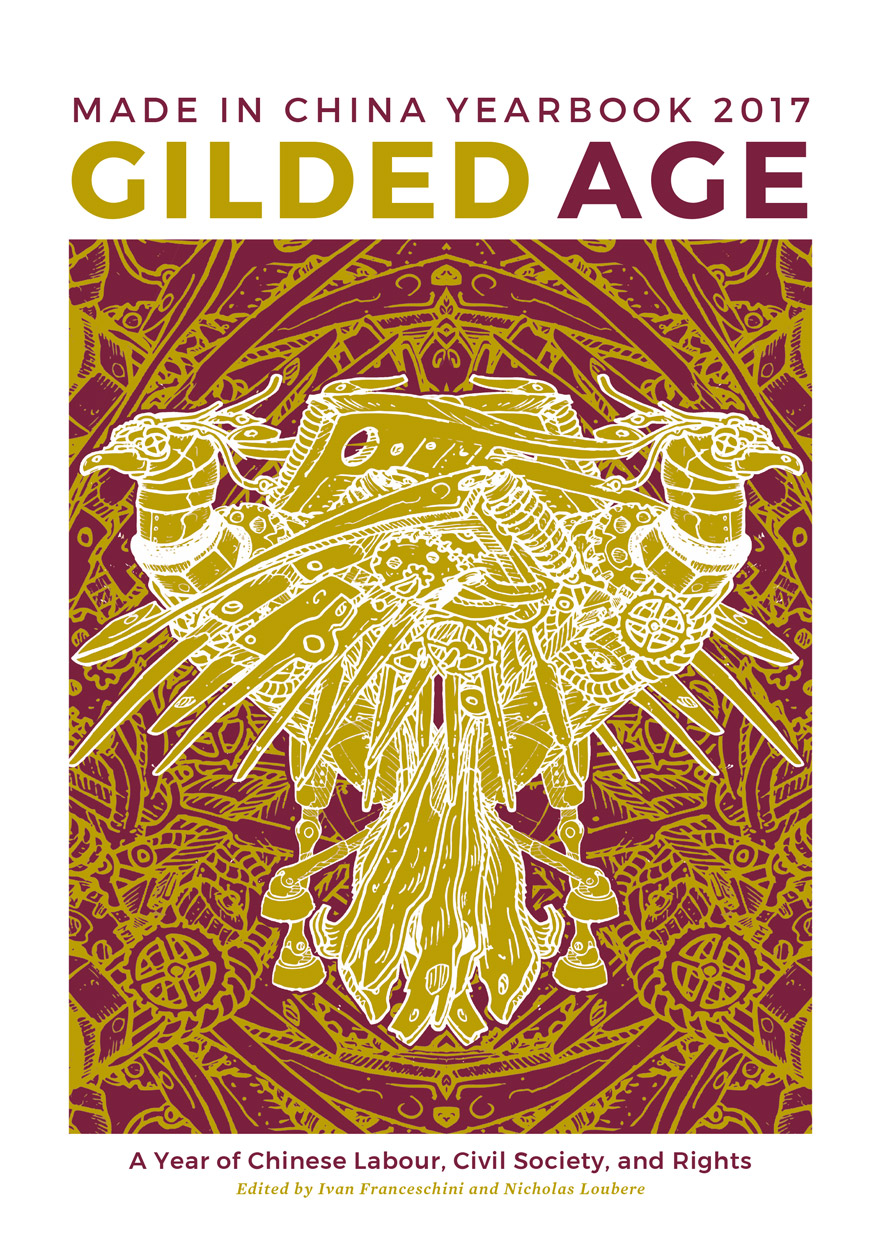Books
Browse or search ANU Press' range of books or find out more about the publications' authors and co-publishers. Download the book for free or buy a print-on-demand copy.
Displaying results 241 to 250 of 779.

Australian Native Title Anthropology »
Strategic practice, the law and the state
Authored by: Kingsley Palmer
Publication date: May 2018
The Australian Federal Native Title Act 1993 marked a revolution in the recognition of the rights of Australia’s Indigenous peoples. The legislation established a means whereby Indigenous Australians could make application to the Federal Court for the recognition of their rights to traditional country. The fiction that Australia was terra nullius (or ‘void country’), which had prevailed since European settlement, was overturned. The ensuing legal cases, mediated resolutions and agreements made within the terms of the Native Title Act quickly proved the importance of having sound, scholarly and well-researched anthropology conducted with claimants so that the fundamentals of the claims made could be properly established. In turn, this meant that those opposing the claims would also benefit from anthropological expertise.
This is a book about the practical aspects of anthropology that are relevant to the exercise of the discipline within the native title context. The engagement of anthropology with legal process, determined by federal legislation, raises significant practical as well as ethical issues that are explored in this book. It will be of interest to all involved in the native title process, including anthropologists and other researchers, lawyers and judges, as well as those who manage the claim process. It will also be relevant to all who seek to explore the role of anthropology in relation to Indigenous rights, legislation and the state.

The Contest for Aboriginal Souls »
European missionary agendas in Australia
Authored by: Regina Ganter
Publication date: May 2018
This book covers the missionary activity in Australia conducted by non-English speaking missionaries from Catholic and Protestant mission societies from its beginnings to the end of the mission era. It looks through the eyes of the missionaries and their helpers, as well as incorporating Indigenous perspectives and offering a balanced assessment of missionary endeavour in Australia, attuned to the controversies that surround mission history. It means neither to condemn nor praise, but rather to understand the various responses of Indigenous communities, the intentions of missionaries, the agendas of the mission societies and the many tensions besetting the mission endeavour. It explores a common commitment to the supernatural and the role of intermediaries like local diplomats and evangelists from the Pacific Islands and Philippines, and emphasises the strong role played by non-English speakers in the transcultural Australian mission effort.
This book is a companion to the website German Missionaries in Australia – A web-directory of intercultural encounters. The web-directory provides detailed accounts of Australian missions staffed with German speakers. The book reads laterally across the different missions and produces a completely different type of knowledge about missions. The book and its accompanying website are based on a decade of research ranging across mission archives with foreign-language sources that have not previously been accessed for a historiography of Australian missions.
‘A remarkable intellectual achievement, compelling reading.’
— Dr Niel Gunson
‘The range of knowledge on display here is very impressive indeed.’
— Professor Peter Monteath

The Moral Economy of Mobile Phones »
Pacific Islands Perspectives
Edited by: Robert J. Foster, Heather A. Horst
Publication date: May 2018
The moral economy of mobile phones implies a field of shifting relations among consumers, companies and state actors, all of whom have their own ideas about what is good, fair and just. These ideas inform the ways in which, for example, consumers acquire and use mobile phones; companies promote and sell voice, SMS and data subscriptions; and state actors regulate both everyday use of mobile phones and market activity around mobile phones. Ambivalence and disagreement about who owes what to whom is thus an integral feature of the moral economy of mobile phones. This volume identifies and evaluates the stakes at play in the moral economy of mobile phones. The six main chapters consider ethnographic cases from Papua New Guinea, Fiji and Vanuatu. The volume also includes a brief introduction with background information on the recent ‘digital revolution’ in these countries and two closing commentaries that reflect on the significance of the chapters for our understanding of global capitalism and the contemporary Pacific.

Focality and Extension in Kinship »
Essays in Memory of Harold W. Scheffler
Edited by: Warren Shapiro
Publication date: April 2018
When we think of kinship, we usually think of ties between people based upon blood or marriage. But we also have other ways—nowadays called ‘performative’—of establishing kinship, or hinting at kinship: many Christians have, in addition to parents, godparents; members of a trade union may refer to each other as ‘brother’ or ‘sister’. Similar performative ties are even more common among the so-called ‘tribal’ peoples that anthropologists have studied and, especially in recent years, they have received considerable attention from scholars in this field. However, these scholars tend to argue that performative kinship in the Tribal World is semantically on a par with kinship established through procreation and marriage. Harold Scheffler, long-time Professor of Anthropology at Yale University, has argued, by contrast, that procreative ties are everywhere semantically central, i.e. focal, that they provide bases from which other kinship ties are extended. Most of the essays in this volume illustrate the validity of Scheffler’s position, though two contest it, and one exemplifies the soundness of a similarly universalistic stance in gender behaviour. This book will be of interest to everyone concerned with current controversy in kinship and gender studies, as well as those who would know what anthropologists have to say about human nature.
“The study of kinship once ruled the discipline of anthropology, and Hal Scheffler was one of its magisterial figures. This volumes reminds us why. Scheffler’s powerful analyses of kinship systems often conflicted with the views of his more relativist contemporaries. He cut through the fog of theory to emphasise the human essentials, namely the importance of the social bonds rooted in motherhood and fatherhood. Anthropology in its decades-long retreat from the serious study of kinship has lost a great deal. This volume points the way to a restoration.”
— Peter Wood, National Association of Scholars

Expressions of Austronesian Thought and Emotions »
Edited by: James J. Fox
Publication date: April 2018
This collection of papers is the seventh volume in the Comparative Austronesian series. The papers in this volume focus on societies from Sumatra to Melanesia and examine the expression and patterning of Austronesian thought and emotions.

The Quest for the Good Life in Precarious Times »
Ethnographic Perspectives on the Domestic Moral Economy
Edited by: Chris Gregory, Jon Altman
Publication date: April 2018
The study of the quest for the good life and the morality and value it presupposes is not new. To the contrary, this is an ancient issue; its intellectual history can be traced back to Aristotle. In anthropology, the study of morality and value has always been a central concern, despite the claim of some scholars that the recent upsurge of interest in these issues is new. What is novel is how scholars in many disciplines are posing the value question in new ways. The global economic alignments of the present pose many political, moral and theoretical questions, but the central issue the essays in this collection address is: how do relatively poor people of the Australia–Pacific region survive in current precarious times? In looking to answer this question, contributors directly engage the values and concepts of their interlocutors. At a time when understanding local implications of global processes is taking on new urgency, these essays bring finely honed anthropological perspectives to matters of universal human concern—they offer radical empirical critique based on intensive fieldwork that will be of great interest to those seeking to comprehend the bigger picture.

Vietnam’s Post-1975 Agrarian Reforms »
How local politics derailed socialist agriculture in southern Vietnam
Authored by: Trung Dang
Publication date: April 2018
This book investigates why collectivised farming failed in south Vietnam after 1975. Despite the strong will of the new regime to implement collectivisation, the effort was uneven, misapplied and subverted. After only 10 years of trying, the regime annulled the policy. Focusing on two case studies—Quảng Nam province in the Central Coast region and An Giang province in the Mekong Delta—and based on extensive evidence, this study argues that the reasons for variations in implementation and the failure and reversal of the policy were twofold: regional differences and local politics.

Prosperity »
Edited by: Jane Golley, Linda Jaivin
Publication date: April 2018
A ‘moderately prosperous society’ with no Chinese individual left behind—that’s the vision for China set out by Chinese President Xi Jinping in a number of important speeches in 2017. ‘Moderate’ prosperity may seem like a modest goal for a country with more billionaires (609 at last count) than the US. But the ‘China Story’ is a complex one. The China Story Yearbook 2017: Prosperity surveys the important events, pronouncements, and personalities that defined 2017. It also presents a range of perspectives, from the global to the individual, the official to the unofficial, from mainland China to Hong Kong and Taiwan. Together, the stories present a richly textured portrait of a nation that in just forty years has lifted itself from universal poverty to (unequally distributed) wealth, changing itself and the world in the process.

Gilded Age »
Made in China Yearbook 2017
Edited by: Ivan Franceschini, Nicholas Loubere
Publication date: April 2018
According to the Chinese zodiac, 2017 was the year of the ‘fire rooster’, an animal often associated with the mythical fenghuang, a magnificently beautiful bird whose appearance is believed to mark the beginning of a new era of peaceful flourishing. Considering the auspicious symbolism surrounding the fenghuang, it is fitting that on 18 October 2017, President Xi Jinping took to the stage of the Nineteenth Party Congress to proclaim the beginning of a ‘new era’ for Chinese socialism. However, in spite of such ecumenical proclamations, it became immediately evident that not all in China would be welcome to reap the rewards promised by the authorities. Migrant workers, for one, remain disposable. Lawyers, activists and even ordinary citizens who dare to express critical views also hardly find a place in Xi’s brave new world. This Yearbook traces the stark new ‘gilded age’ inaugurated by the Chinese Communist Party. It does so through a collection of more than 40 original essays on labour, civil society and human rights in China and beyond, penned by leading scholars and practitioners from around the world.

Skin, Kin and Clan »
The dynamics of social categories in Indigenous Australia
Publication date: April 2018
Australia is unique in the world for its diverse and interlocking systems of Indigenous social organisation. On no other continent do we see such an array of complex and contrasting social arrangements, coordinated through a principle of ‘universal kinship’ whereby two strangers meeting for the first time can recognise one another as kin. For some time, Australian kinship studies suffered from poor theorisation and insufficient aggregation of data. The large-scale AustKin project sought to redress these problems through the careful compilation of kinship information. Arising from the project, this book presents recent original research by a range of authors in the field on the kinship and social category systems in Australia. A number of the contributions focus on reconstructing how these systems originated and developed over time. Others are concerned with the relationship between kinship and land, the semantics of kin terms and the dynamics of kin interactions.



